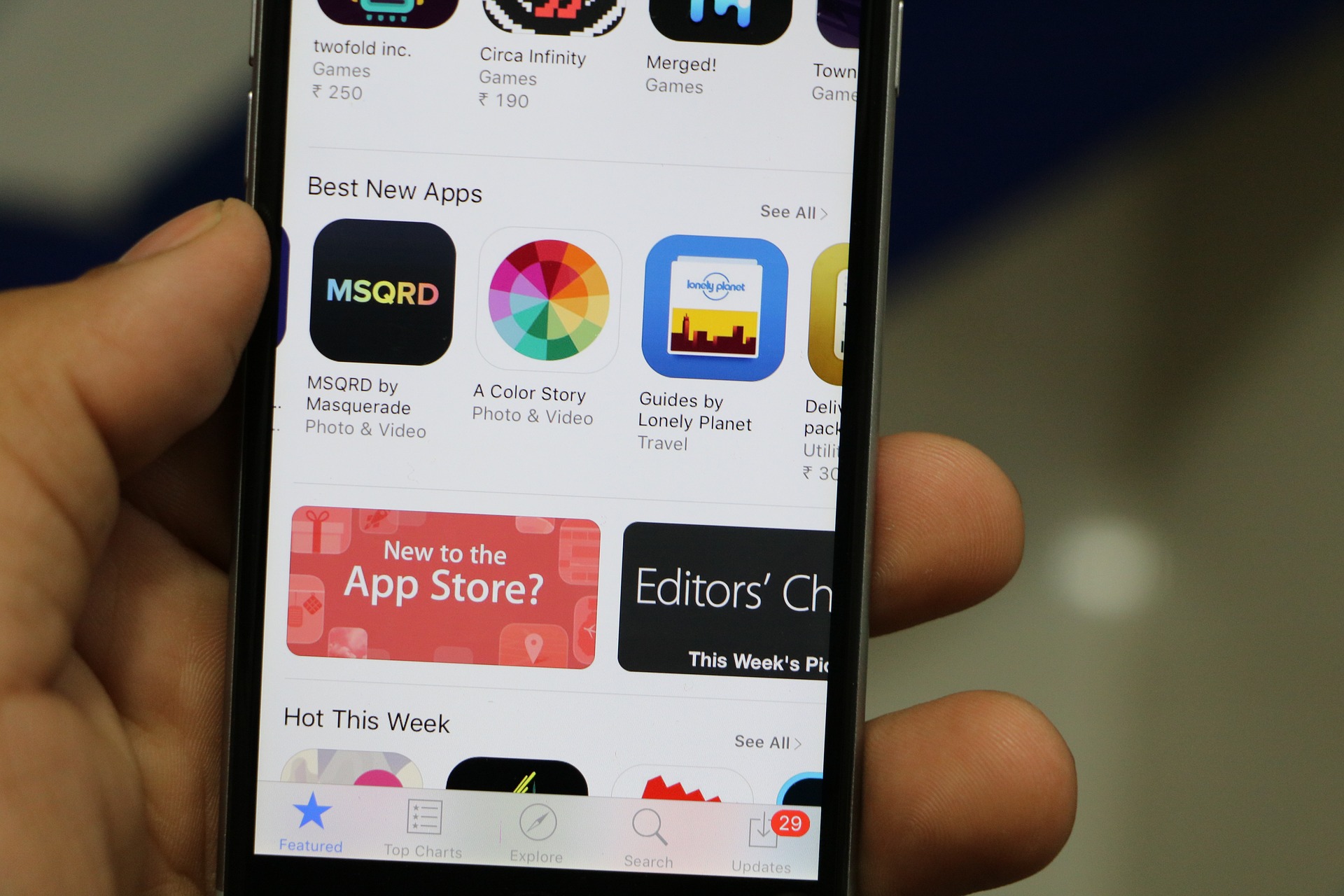
Apple has announced that it removed a mobile app used by Hong Kong protesters for tracking police movements and tear gas use.
Apple said that the app HKmap.live, which was used by Hong Kong protesters to monitor police activity, has been removed from its store. The technology company pointed out that the app had "been used in ways that endanger law enforcement and residents".
Apple initially rejected the app but it eventually made its way to the App Store, drawing irate response from Chinese media. The company said it decided to remove the app after "many concerned customers in Hong Kong contacted" the firm.
Communist Party publication the People's Daily didn't specify the app, but criticized Apple for "opening the door" to violent protests, saying: "Letting poisonous software have its way is a betrayal of the Chinese people's feelings."
In a statement, Apple argued: "We have verified with the Hong Kong Cybersecurity and Technology Crime Bureau that the app has been used to target and ambush police." It added that "criminals have used it to victimize residents in areas where they know there is no law enforcement".
While HKmap.live has been removed from the App Store a website version still remains as well as an android version on Google Play.
China is a major market and a manufacturing base for Apple's products. Apple's manufacturing sites in the country directly and indirectly accounts for around three million jobs. Last quarter, the company posted sales of $9.61 billion in its Greater China category, which includes Taiwan and Hong Kong.
The backlash from the Hong Kong protests have also affected other US companies. China's state broadcaster has canceled the airing of two NBA preseason games due to a controversial tweet of a team manager. This also resulted in several Chinese companies backing out of NBA partnerships.
Jeweller Tiffany & Co removed an advertising image after some Chinese consumers interpreted it as supportive of the protesters.






